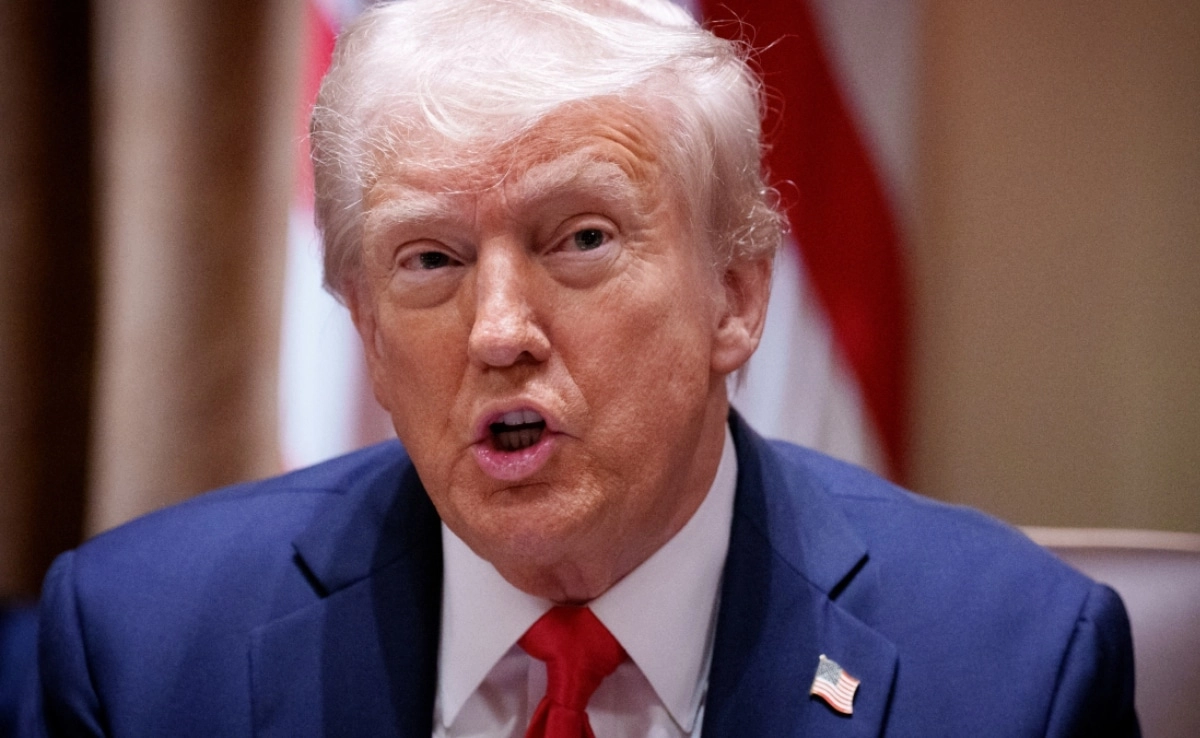Former President Donald Trump has sparked significant discussion with his recent assertion that he is “not joking” about the possibility of serving a third presidential term. This statement has raised eyebrows and ignited speculation about the mechanisms through which he believes such a scenario could be realized. Trump has a history of making bold claims and provocative statements, and this latest declaration fits into that pattern. However, the implications of his words extend beyond mere rhetoric, as they touch upon the complexities of American electoral law and the political landscape.
In the United States, the Constitution limits presidents to two terms in office, a rule established by the 22nd Amendment ratified in 1951. This amendment was largely a response to Franklin D. Roosevelt’s four-term presidency, which set a precedent that many lawmakers felt should not be repeated. Trump’s assertion, therefore, raises questions about how he envisions circumventing this constitutional barrier. While he has not provided specific details on the methods he alludes to, his comments suggest a willingness to challenge established norms and provoke debate about the flexibility of legal frameworks in the political arena.
Trump’s supporters may view his comments as a rallying cry, invigorating a base that remains loyal to his brand of politics. The notion of a third term could serve as a mobilizing force, galvanizing voters who are disillusioned with the current political climate. Conversely, his critics may interpret these remarks as an indication of a deeper ambition that undermines democratic principles. As discussions unfold, it becomes essential to analyze the broader implications of such statements, considering the historical context and the potential consequences for American democracy.
In this polarized environment, Trump’s remarks can also be seen as a reflection of a larger trend where political figures often test the boundaries of established norms. Whether through social media or public speeches, politicians are increasingly willing to blur the lines of convention, often to provoke a reaction or to consolidate support. The reality of a third presidential term for Trump remains unlikely given the constitutional limitations, but the discourse surrounding his comments invites a necessary examination of the evolving nature of political communication and the ways in which public figures engage with their audiences. As the political landscape continues to shift, the ramifications of such statements will likely resonate for years to come.




